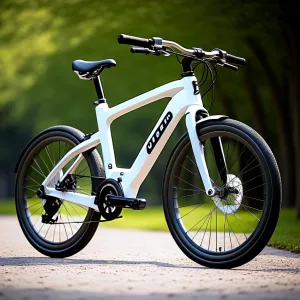South Africa is making important changes to its private security regulations to improve safety and accountability without taking away guns from security guards. With over 600,000 security officers contributing billions to the economy, the proposed rules aim to ensure they have the right tools and training while preventing misuse. While some worry about costs, many professionals believe these changes will raise industry standards and weed out bad practices. As discussions continue, the future of this vital sector hangs in the balance, reflecting a broader push for accountability in society.
Electric bicycles, or EBikes, are becoming super popular in South Africa, but new rules are coming to make riding them safer. Starting December 2, 2024, some EBikes will be treated like cars, meaning they need to be registered, licensed, and the riders must have a driver’s license. This change aims to protect pedestrians from the fast and quiet bikes zooming around. With more people using EBikes for commuting and tours, it’s important that everyone knows the new rules and that cities have the right bike lanes and signs to keep everyone safe. The future of EBikes looks bright, but it will require good planning and awareness to make it work!
Cape Town is making big changes to how shortterm rentals, like those on Airbnb, operate in the city. New rules will require property owners to register and pay taxes, aiming to protect the community and address housing shortages. This move is inspired by other cities worldwide and hopes to link shortterm rentals more closely to traditional tourism. With these changes, property owners may have to rethink their rental strategies, ensuring that the city remains a beautiful place for both residents and visitors. Cape Town is taking steps to balance its charm and tourist appeal with the needs of its local community.



